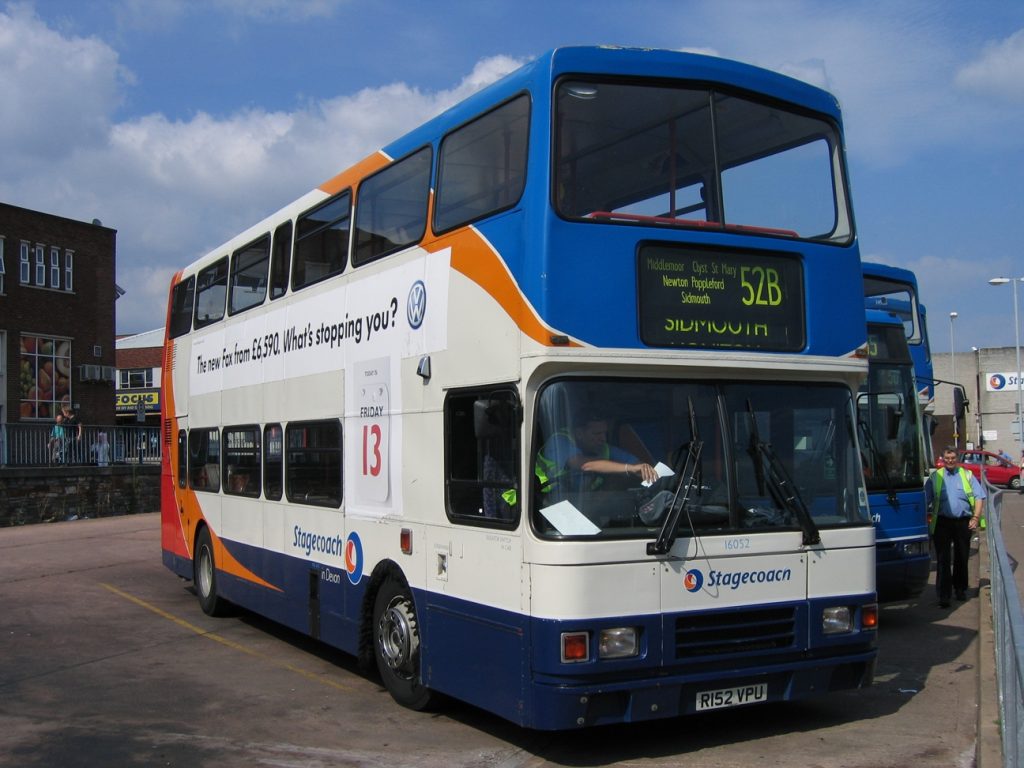“I cannot recall the last time that so many rural councils voiced their anger at specific service funding allocations.”
Cornwall was “leading the way in trying to find a sustainable rural transport model”
.
In many parts of the world, there have been serious moves to address the cost of living crisis by making public transport more accessible:
As petrol prices surge, public transport is one of the most effective ways of keeping costs for the economy down. For three months, Germany is offering all citizens the use of regional transport for only €9 a month. Some US cities have also shown that reduced or free public transport fares can increase use. And New Zealand is halving public transport fares for three months in response to high fuel prices. France has been experimenting with free public transport since 2018 and Paris just slashed its ticket prices.
Meanwhile in Cornwall, there are moves to make public transport more attractive:
Bus travellers in Cornwall have seen drops in fares in a new project to boost passenger numbers. The four-year pilot scheme which started on Sunday is being funded with £23.5m from the government. Short hop fares are down 20%, longer journeys cost up to 40% less and some bus passes are cut by nearly 50% said the Department for Transport (DfT). Cornwall was “leading the way in trying to find a sustainable rural transport model”, said bus firm Go South West.
Cornwall bus fares reduced to boost numbers – BBC News
The Go-Ahead Group has announced that ticket prices on buses that it operates in Cornwall have been cut by up to 40 per cent under a government-backed pilot scheme, ‘Make Big Savings By Bus’, to persuade motorists to leave their private cars at home.
Go-Ahead launches low fares pilot for buses across Cornwall
Meanwhile in Exeter, things aren’t looking so good:

Exeter’s bus service has been heavily criticised during a special meeting on the ‘crisis.’ Councillors grilled the boss of Stagecoach South West and shared their own experiences at a meeting of the city’s highways and traffic orders committee (HATOC) on Tuesday. Stagecoach’s managing director in the region, Mike Watson, said the firm is still short of 55 drivers in Exeter, but that 70 people are at different stages of the recruitment process. He defended the current levels of salaries and fares following criticism at the meeting. Pay recently increased to £11.80 an hour for new drivers, while on-board fares went up by as much as 10 per cent.
Special council meeting calls in Stagecoach boss – Radio Exe
The Rural Services Network has just responded to the government’s announcement on 5th April of its long-awaited funding allocations for Bus Service Improvement Plans:
“Well now we have it – or rather for most rural areas now you don’t!!
The headline to the Government’s announcement is misleading in referring to a £7 billion package to level up transport outside London. Only £1.08bn has been allocated to Bus Service Improvement Plans. £5.7bn is in respect of ‘City Region Sustainable Transport Settlement’ announced by the Chancellor in the Autumn Statement.
I cannot recall the last time that so many rural councils voiced their anger at specific service funding allocations. Words like “complete waste of time, energy and resources” and “rural clearly doesn’t exist in the mind of Government” were commonplace. The suggestion that those not receiving funding did not show sufficient ambition rubbed salt into an open wound. Ambition must surely reflect where the service is now and be realistic in what can be achieved in given timescales – otherwise it is ambition doomed to fail.”